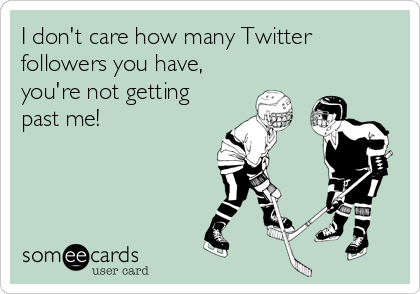
The Olympics are literally everywhere, and it’s not just because we are hosting it. This is the first ‘conversational’ Olympics, the first time an athlete has committed a ‘social media offence’. Twitter says the tweet volume is about 100 times what it saw during the Beijing Olympics in 2008. Social media and the Olympics are inseparable and sites like Twitter and Facebook have given us a whole new experience of the greatest sporting event on the planet.
We now have insight into the highs and lows of the Olympics and we get a personal look at the athletes’ views and opinions. We’re not even halfway through yet and two athletes have been disqualified for racist tweets, Greek triple-jump champion Voula Papachristou and Swiss footballer Michel Morganella. Tom Daley was also subjected to damaging tweets from a troll on his late father after coming fourth in synchronised diving.
Social media is even generating a direct effect on events themselves. Spectators trying to check in on Foursquare at the men’s cycling event last Saturday took up so much bandwidth they interfered with GPS devices which transmit location and time data to commentators (one of the reasons the commentary was so ‘off’ for that event).
Twitter has confirmed that there was a colossal 9.6 million tweets on the opening ceremony alone. On its official company blog Twitter said: “With the entire world tuning in to enjoy the games, Twitter will carry the roar of the crowd.”
Guidelines were implemented to help athletes with their social media. They say that posting must necessarily be “in a first — person, diary-type format and should not be in the role of a journalist — they must not report on competition or comment on the activities of other participants or accredited persons, or disclose any information which is confidential or private in relation to any other person or organisation.”
It also adds that all postings, blogs and tweets should be “dignified and in good taste, and not contain vulgar or obscene words or images.”
The guidelines were not received positively by everyone. “The moment the IOC set restrictions that limited the voice of the athletes, they made the Olympics less relevant to the Millennial [generation],” said Will Scott, founder of the Gulf Coast’s premier online marketing firm, Search Influence. “They have taken a large, influential group out of the equation.”
But the vast amount of tweeting and other social media activity surrounding the Olympics perhaps proves otherwise. It shows the leaps and bounds that have been made in social media in the last few years and how much we communicate digitally now as well. Through social media the spectators are involved and it is a global forum where careers are made and broken. This merging of social media with the Olympics shows how much a part of life online networking has become and how much potential social media holds for us all.
By Harriet Thacker
Harriet is currently working as an intern with Shake. You can follow Harriet on Twitter here or read her blog here.

